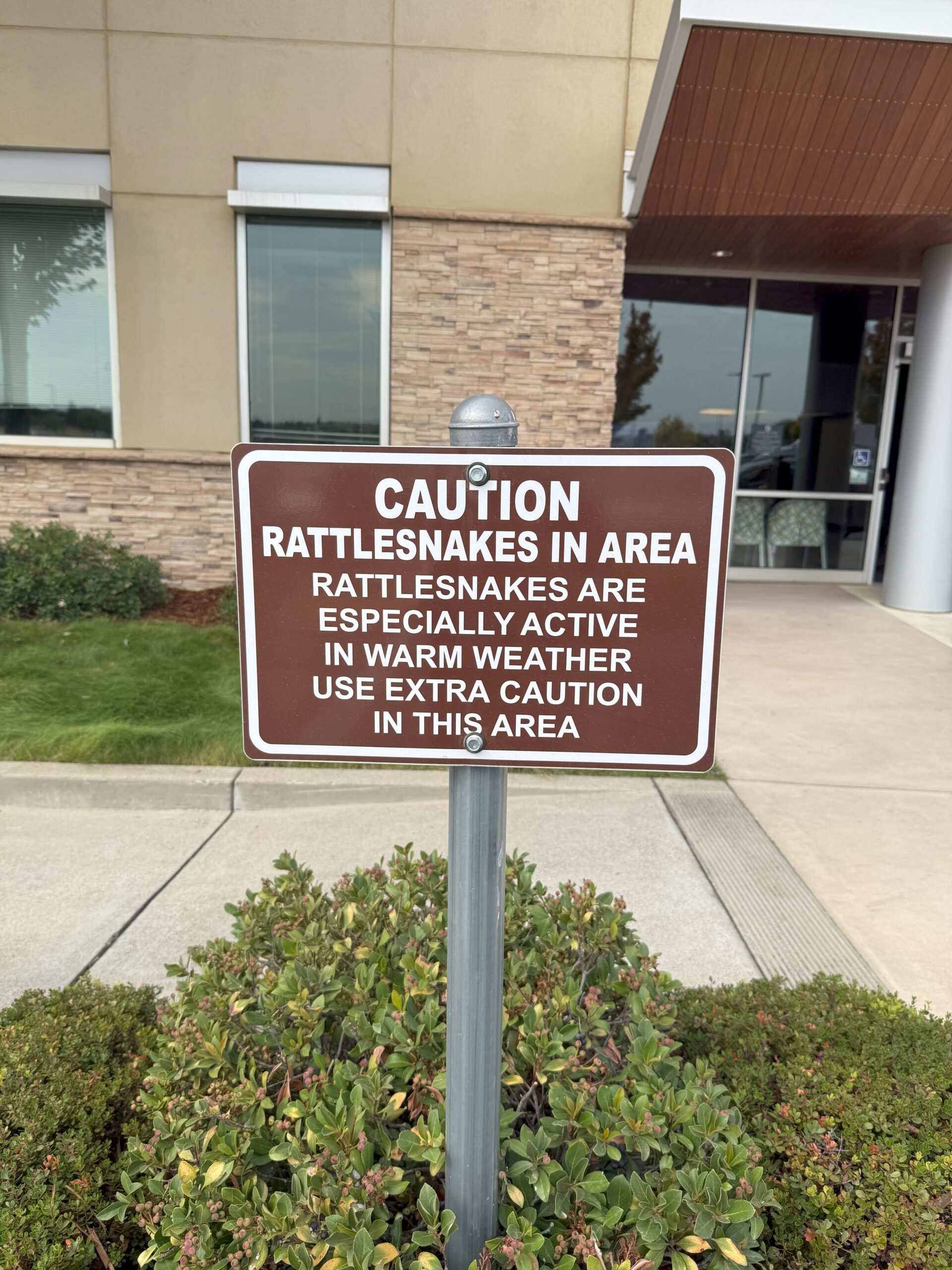
Happy Saturday, degenerate reader. Today, September 20th, delivers a one-two punch to the glass jaw of the status quo, birthing two titans who picked up the pen and decided to use it as a weapon: a sledgehammer and a goddamn Valyrian steel sword. We’re talking about Upton Sinclair and George R.R. Martin – two men from significantly different eras, working in different genres, but share the same raucous, fire-breathing, tiger-blood DNA of the American Badass. Shall we?
First up, we have Upton Sinclair, born on this day in 1878 in Baltimore, Maryland. Perhaps the original MAHA author, Sinclair had zero interest in entertaining the gentlefolk; he wrote to kick over the tables and set the whole casino on fire. His masterpiece, The Jungle, was a visceral, stomach-churning dive into the meatpacking industry’s disgusting underbelly.
Sinclair’s book was so brutally honest and potent that it literally changed the law. The Pure Food and Drug Act and the creation of the FDA were both direct results. You can thank this guy for making sure your hot dog isn’t (entirely) made of sawdust and rat parts. To be honest, dear reader, I (like I’m assuming you were) was exposed to The Jungle on a high school reading list. I kinda thought Uncle Upton was a one-hit wonder, but it turns out the man was a literary machine, pumping out over 90 books, each one a take-down of corruption, greed, and injustice. He proved that a writer does a lot more than just tell stories…a writer can literally change society. So here’s to Upton Sinclair, from back when activists could wage war with words and win.
Now, we fast forward to 1948, Bayonne, New Jersey. George Raymond Richard Martin, a man who would look at the fairy-tale castles of fantasy, snicker and sneer, and then proceed to blow them up with dragonfire and political intrigue. Before GRRM, fantasy had become, in far too many cases, a predictable waltz of shining heroes, cackling villains, and tidy endings. Martin shredded off of that sort of stuff and replaced it with moral ambiguity which lead directly to your favorite character’s unexpected and brutal demise.
With A Song of Ice and Fire, starting with A Game of Thrones, he built a world so complex, and so viciously real, that it felt less like fantasy and more like a historical account from a place you’re glad you don’t live in. Antiheroes to root for, noble men who lose their heads, and a universe where nothing can be reasonably expected.
In more local news, late last night I suddenly decided that I could not write another word in this office until I rewired part of the room and drastically improved both the number and location of speakers and Get The Music Right. Dear reader will be forgiven if they do not understand or appreciate the importance of music in my processes. Whatever I’m doing – writing, driving, training – I mean, I can do those things without music, sure…but they go a whole hell of a lot better when The Music Is Right.
So, to the fist-shaking and snarky-remarking chagrin of all occupants of the Safe House, I got out some tools and the inordinately noisy vacuum, and got to work. Wires were pulled, tangled, and untangled. Weird, only vaguely identifiable shit that had been living rent-free behind the Dissolute Desk for what I can only assume was a decade were evicted with extreme prejudice. The vacuum roared like a jet engine, and I thought I heard bitching and protestations coming from other parts of the house, but I didn’t give a shit. But I couldn’t be stopped by whining. I was on a mission. A mission to create the perfect sonic environment.
The first step was figuring out the proper speaker placement. Now, I’m no sound engineers, but I know a bunch of them, and I used to work in a recording studio, and I’ve watched enough YouTube tutorials to know that speaker positioning is an exacting and unforgiving art. Too close to the wall and the bass gets muddy like a swamp. Too far apart and you lose the stereo effect. After a lot of trial and error and bad noise (and a few near-death experiencing precariously balanced bookshelves), I finally found the sweet spot for all 17 of these things.
Next came the wiring. In hindsight, I recognize that getting higher than an SR-71 to figure out the sweet spot mentioned slightly supra might not have been the best idea when about to attempt an unlicensed, unpermitted wiring project after midnight. Yet there I was, crawling under the Desk at 1 a.m., flashlight in mouth, trying to figure out which cable goes where. It’s like a high-stakes game of Twister, but with the added thrill of possibly electrocuting yourself. Heh. But eventually, the chaos of the cables started to make sense. The speakers were all connected, the power strips were organized, and I even managed to label a few cords for future me.
And then, the moment of truth: the first test track. I hit play, and the room filled with the opening notes of Boston’s The Launch. It was glorious. The sound was crisp, the bass was punchy and made your guts pucker, and for the first time in ages, the office felt like a place where I could finish a book.
Of course, by this point, the rest of the house was in a dark state of piss-off, audibly wishing me ill, uttering disturbing promises of retribution and vengeance for my late-night DIY project. But as I sat there, basking in the glow of my newly optimized sound system, I knew it had all been worth it. Now I can finish the book.
Because here’s the thing: when The Music Is Right, everything else falls into place, somehow. Words flow more easily, ideas come faster, and even the most mundane tasks get significantly more interesting if they’re being done with a soundtrack. Speaking of which, I need to get back to work. And seeing how loud these speakers can actually get.
N.P.: “Innuendo” – Queen









